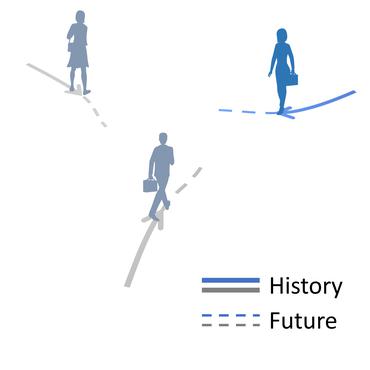Fast, Expressive SE$(n)$ Equivariant Networks through Weight-Sharing in Position-Orientation Space
Based on the theory of homogeneous spaces we derive geometrically optimal edge attributes to be used within the flexible message-passing framework. We formalize the notion of weight sharing in convolutional networks as the sharing of message functions over point-pairs that should be treated equally. We define equivalence classes of point-pairs that are identical up to a transformation in the group and derive attributes that uniquely identify these classes. Weight sharing is then obtained by conditioning message functions on these attributes. As an application of the theory, we develop an efficient equivariant group convolutional network for processing 3D point clouds. The theory of homogeneous spaces tells us how to do group convolutions with feature maps over the homogeneous space of positions $\mathbb{R}^3$, position and orientations $\mathbb{R}^3 {\times} S^2$, and the group $SE(3)$ itself. Among these, $\mathbb{R}^3 {\times} S^2$ is an optimal choice due to the ability to represent directional information, which $\mathbb{R}^3$ methods cannot, and it significantly enhances computational efficiency compared to indexing features on the full $SE(3)$ group. We support this claim with state-of-the-art results -- in accuracy and speed -- on five different benchmarks in 2D and 3D, including interatomic potential energy prediction, trajectory forecasting in N-body systems, and generating molecules via equivariant diffusion models.
PDF Abstract


